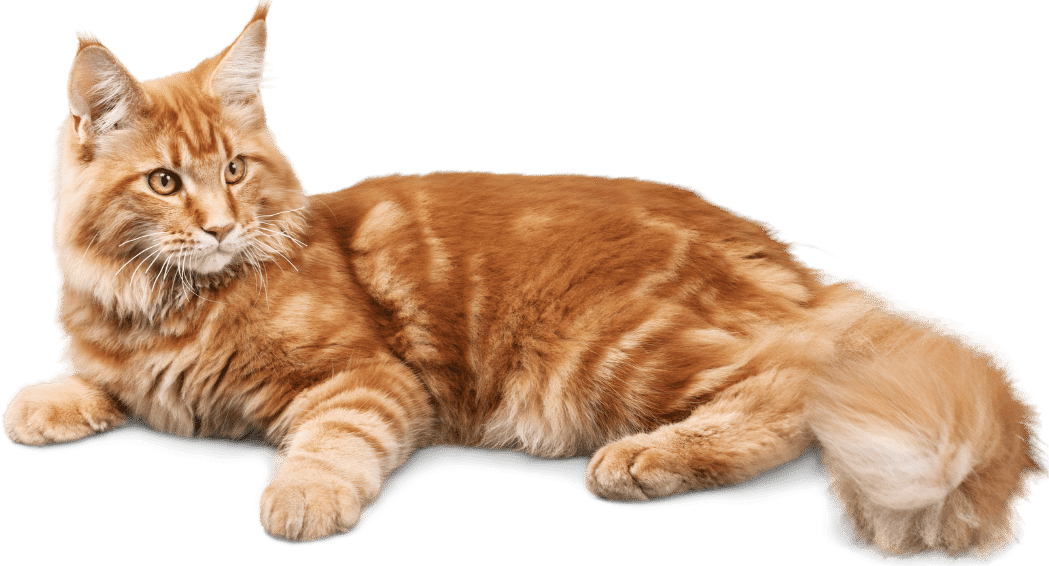Pitbull Dog Breed: History, Characteristics, and Care Tips
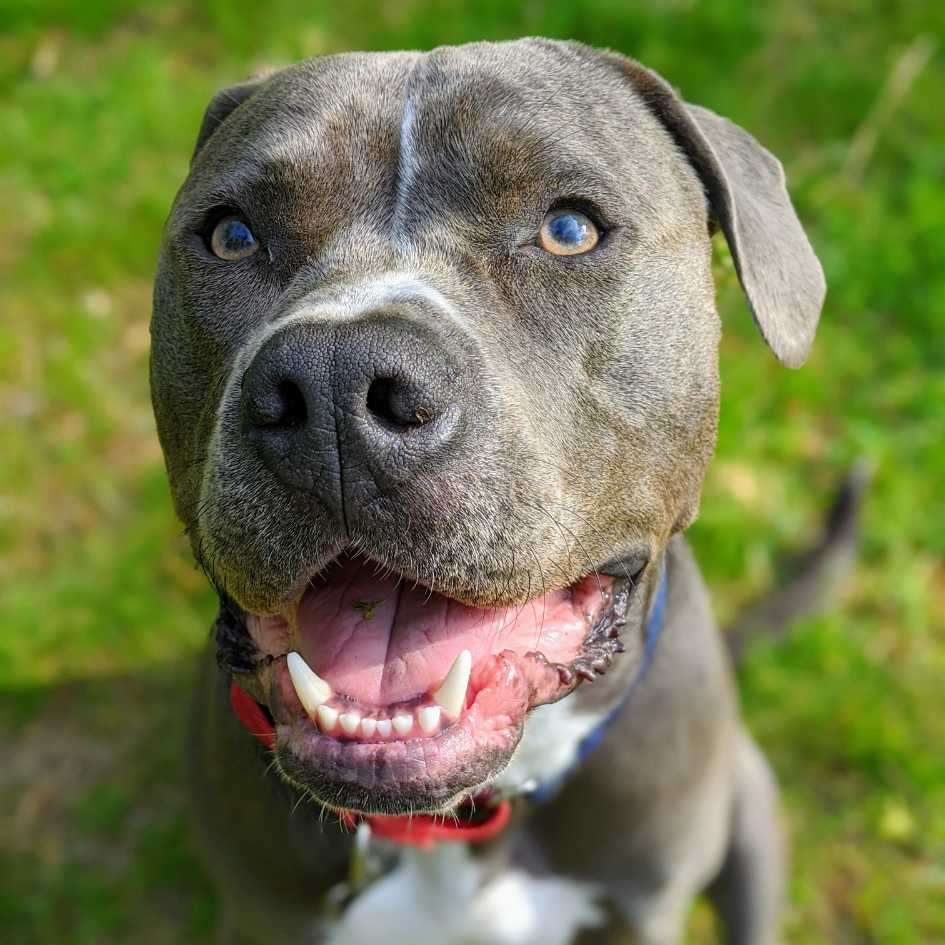
Pitbull are one of the most misunderstood yet deeply loved dog breeds. Known for their strength, loyalty, and gentle hearts, these dogs can make excellent companions when raised with care and understanding. This comprehensive guide explores the history, characteristics, and care essentials of the Pitbull breed.
History of Pitbull Dog
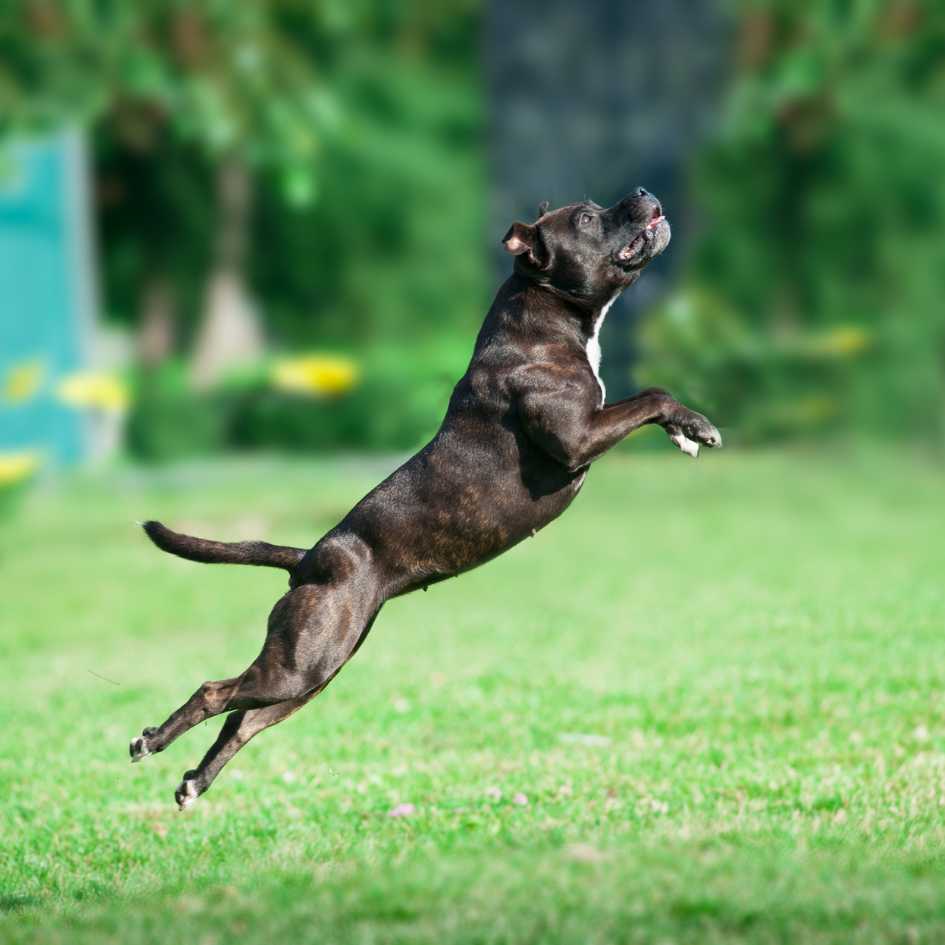
The history of Pitbull is both fascinating and complex, rooted in their evolution from working dogs to cherished family pets.
Pitbull trace their ancestry back to 19th-century England, where they were bred from Old English Bulldogs and terriers. Initially used in blood sports like bull-baiting, these dogs showcased unmatched tenacity and strength.
After blood sports were outlawed, Pitbull became valued for their versatility as farm dogs and loyal companions. In the United States, they gained recognition as “nanny dogs” due to their gentle and protective nature around children.
Although not recognized by the American Kennel Club (AKC), the United Kennel Club (UKC) officially acknowledged the American Pit Bull Terrier in 1898.
Physical Characteristics of Pitbull
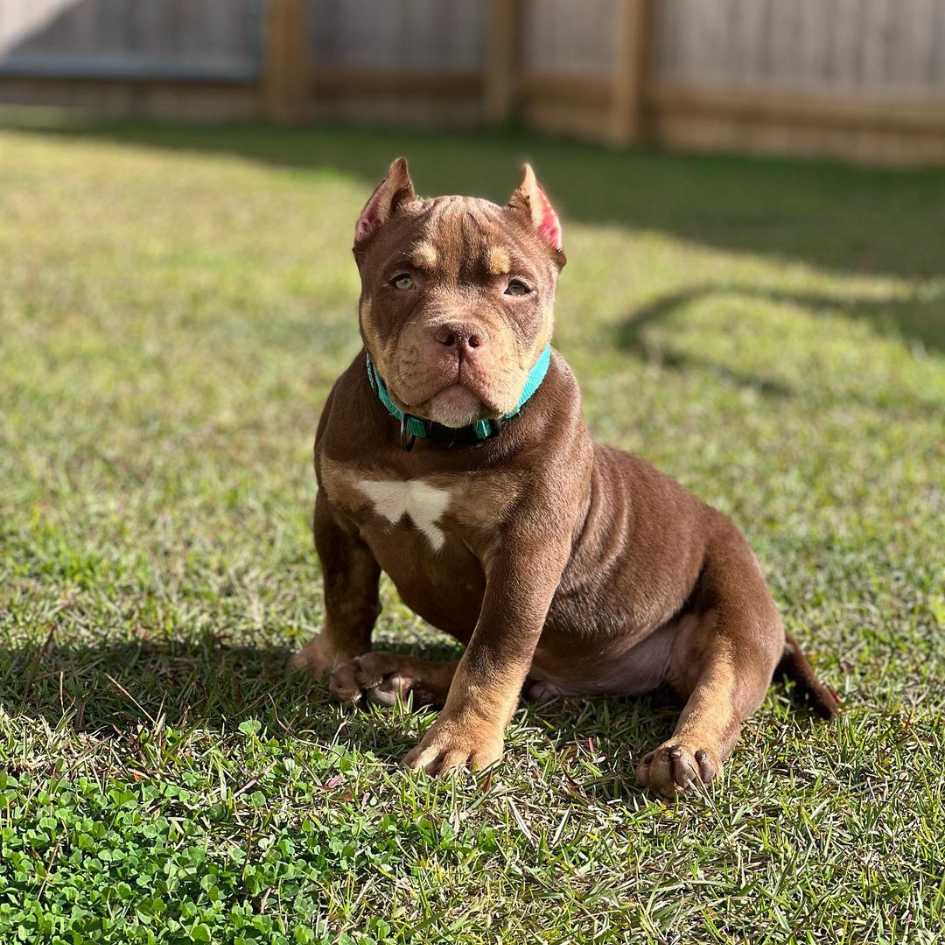
Pitbull are easily recognizable due to their athletic build and striking features.
- Weight: Males typically weigh between 16-30 kg, while females are slightly smaller.
- Muscular Frame: Their strong and agile build reflects their history as working dogs.
- Short Coat: Their sleek coat is low-maintenance and comes in a variety of colors.
- Colors: Common shades include brindle, black, blue, red, white, and fawn.
- Broad Head: Their wide skull and powerful jaw exude strength.
- Expressive Eyes: Rounded, alert eyes that often convey their friendly and curious nature.
Personality and Temperament
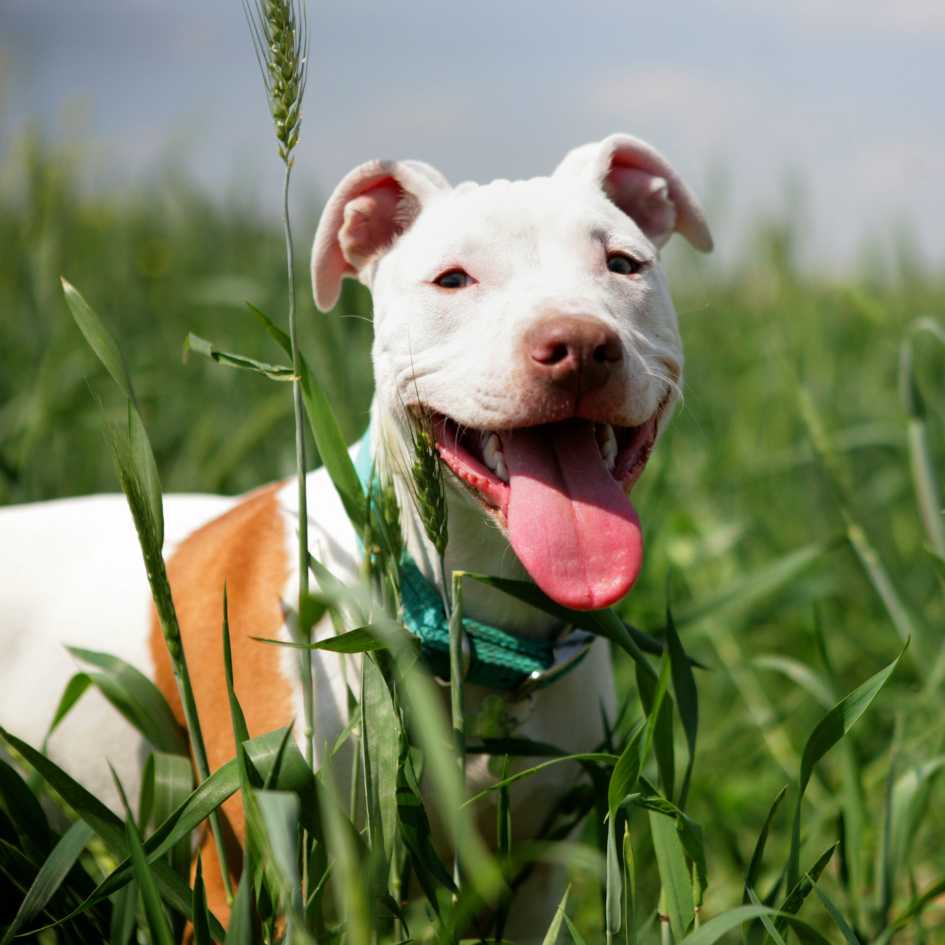
Pitbull are known for their loyalty, intelligence, and playful demeanor, making them fantastic companions for the right owners.
Pitbull form strong bonds with their families and thrive on human companionship.
They are playful and energetic, requiring regular exercise and mental stimulation.
With proper training, they interact well with children, strangers, and other pets. Their protective instincts make them excellent watchdogs.
Caring for a Pitbull
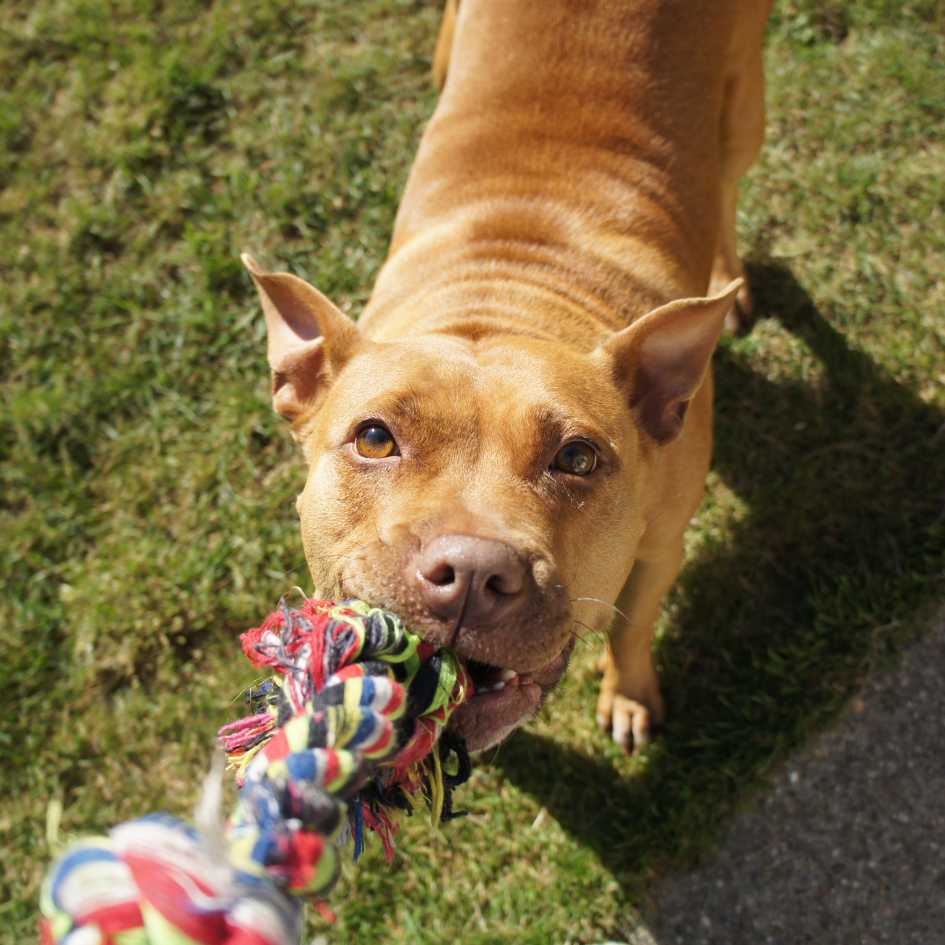
Proper care is crucial to ensure your Pitbull remains healthy, happy, and well-adjusted.
- High-Quality Diet: Opt for protein-rich food to support their active lifestyle.
- Portion Control: Monitor food intake to prevent obesity.
- Hydration: Ensure access to clean water at all times.
- Daily Activity: At least 1-2 hours of physical activity, including walks, runs, and playtime.
- Interactive Play: Use toys and games to keep them mentally stimulated.
- Coat Care: Brush their short coat weekly to minimize shedding.
- Nail Trimming: Trim nails every 2-3 weeks.
- Dental Hygiene: Brush their teeth regularly to prevent dental issues.
- Veterinary Checkups: Regular visits to the vet for vaccinations and health screenings.
- Common Health Issues:
- Hip Dysplasia: Joint condition that affects mobility.
- Skin Allergies: Manageable with proper care and diet.
- Heart Disease: Regular checkups can detect issues early.
The Cost of Owning a Pitbull in India
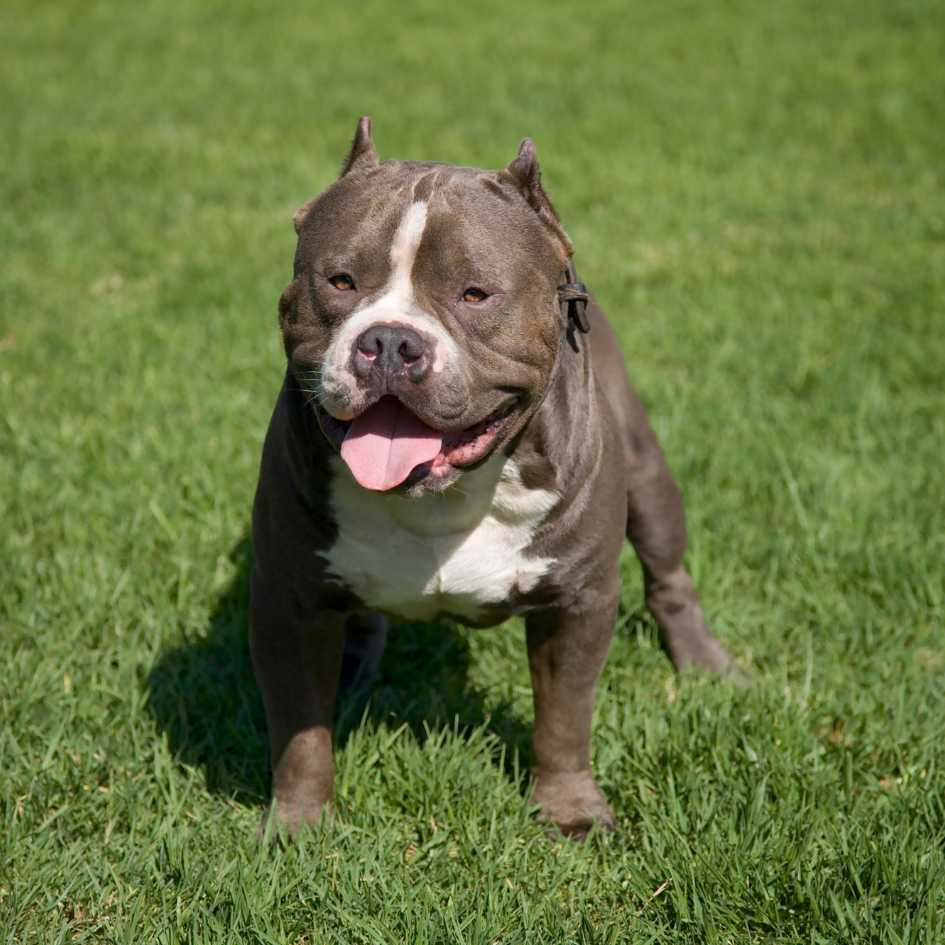
Owning a Pitbull involves initial purchase costs and ongoing expenses for care and maintenance.
- Range: ₹30,000 – ₹80,000, depending on pedigree and breeder reputation.
- Food: High-quality food may cost ₹2,000-₹4,000 per month.
- Grooming and Vet Care: Additional expenses of ₹3,000-₹6,000 per month for grooming and healthcare.
Why Pitbull Make Great Pets
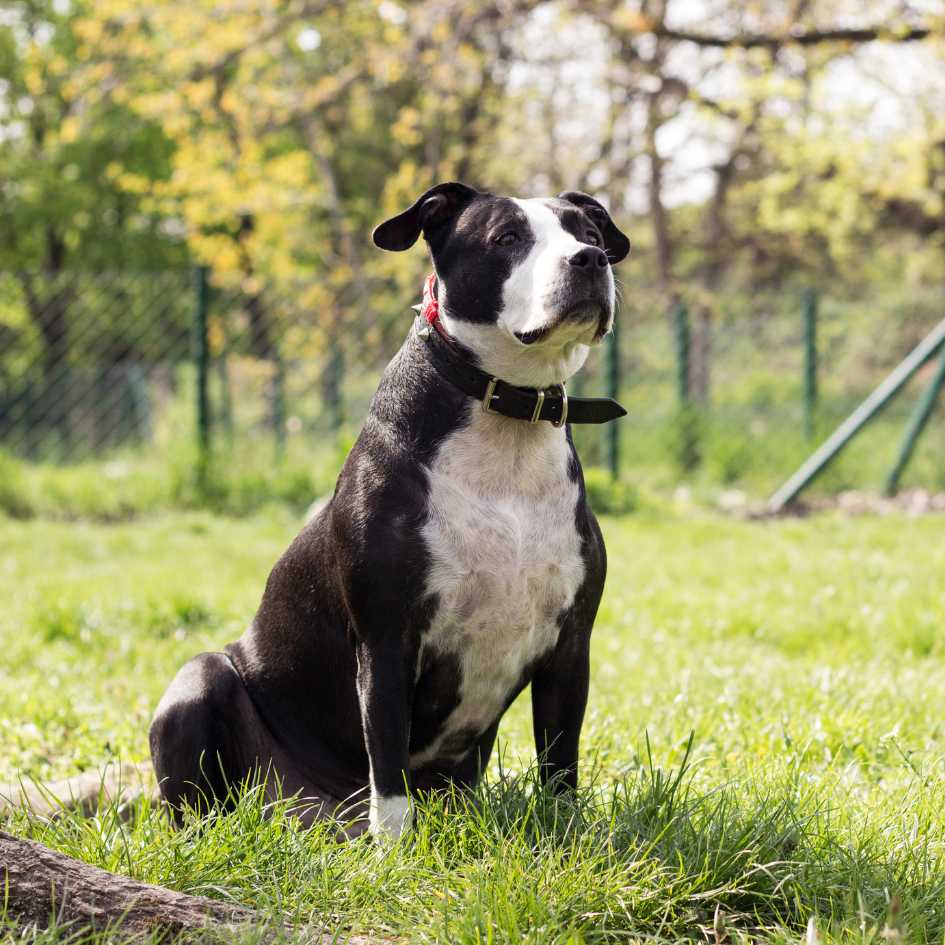
Despite the misconceptions, Pitbull are loving and loyal dogs that bring immense joy to their families.
- Adaptable: Suitable for various living environments, including apartments and homes with yards.
- Gentle and Protective: Excellent with children and protective of their loved ones.
- Low-Maintenance Grooming: Their short coat requires minimal upkeep.
- Intelligent and Trainable: With consistent training, they excel in obedience and agility activities.
Conclusion

Pitbull are a breed that embodies strength, loyalty, and love. With responsible ownership and proper care, they can be the perfect addition to any family. By understanding their needs and addressing common misconceptions, you can help showcase the true, gentle nature of this remarkable breed. If you’re considering adding a pit bull to your life, be prepared for a lifelong bond filled with love and companionship.


